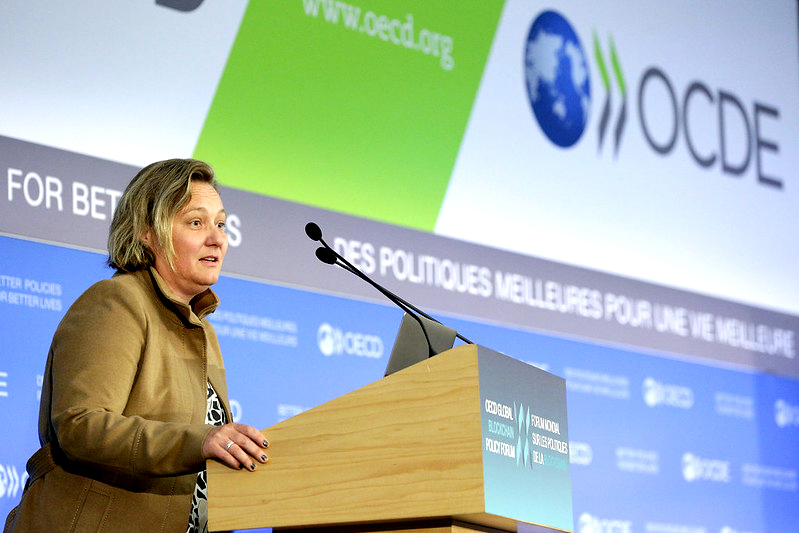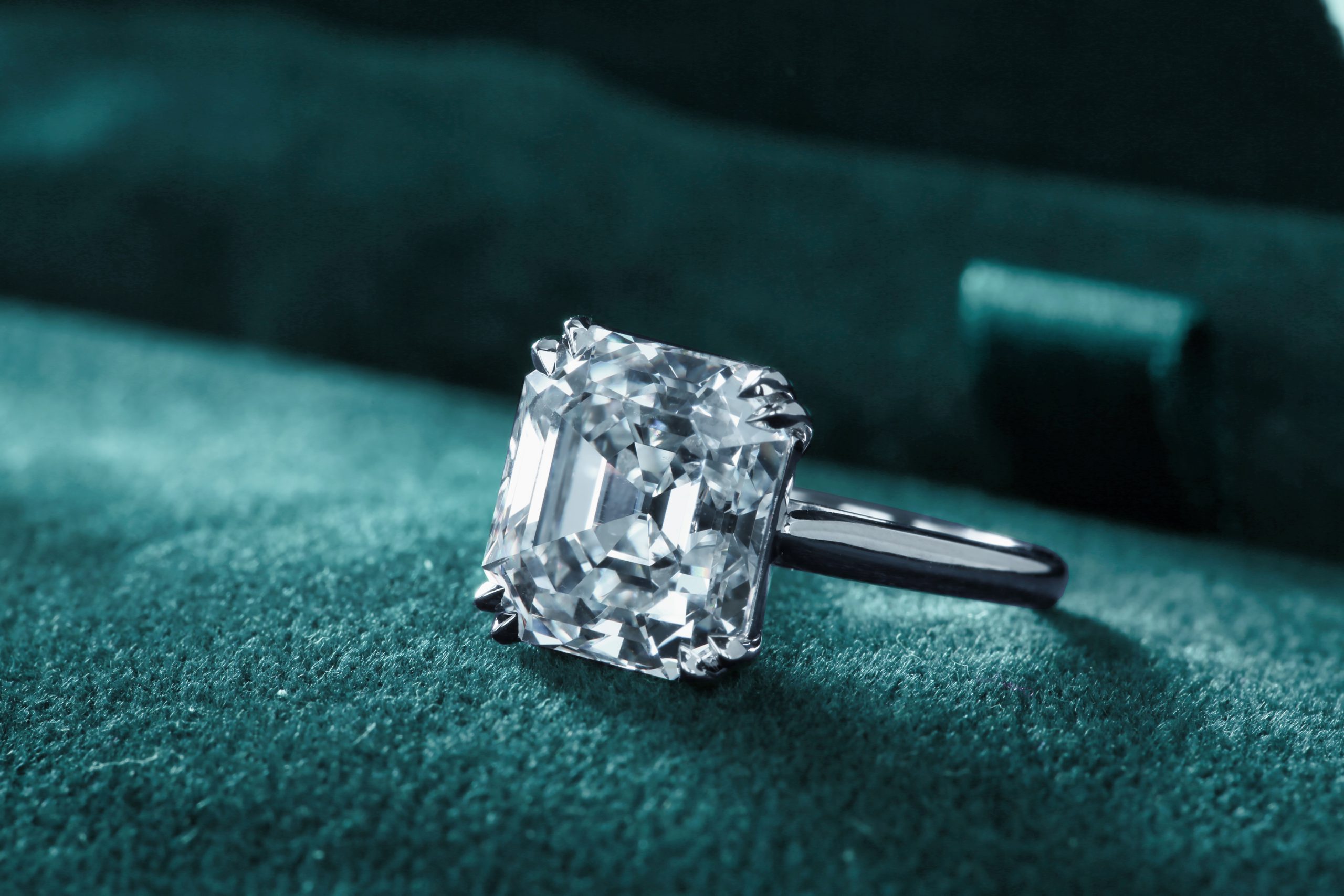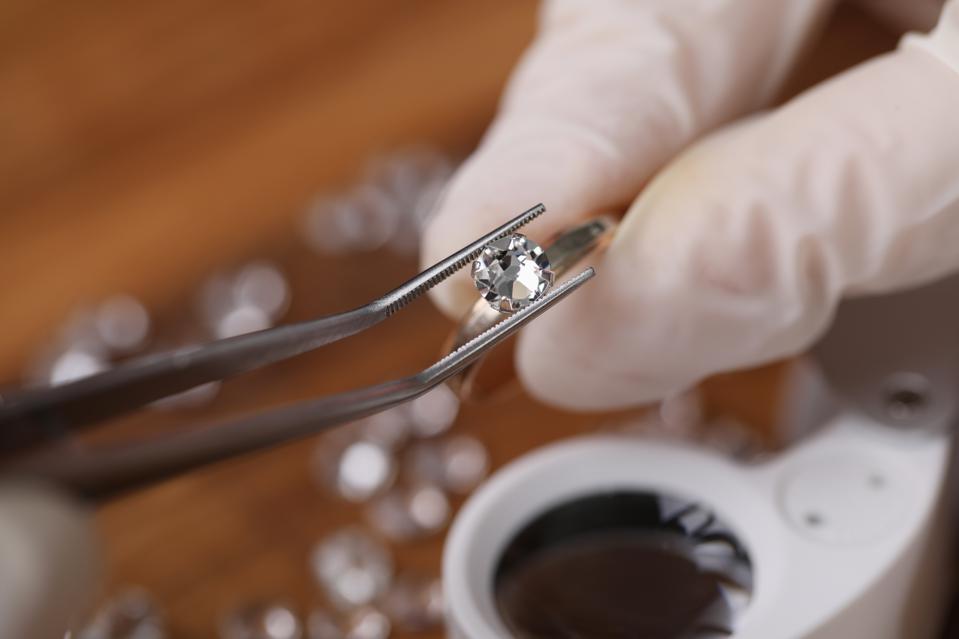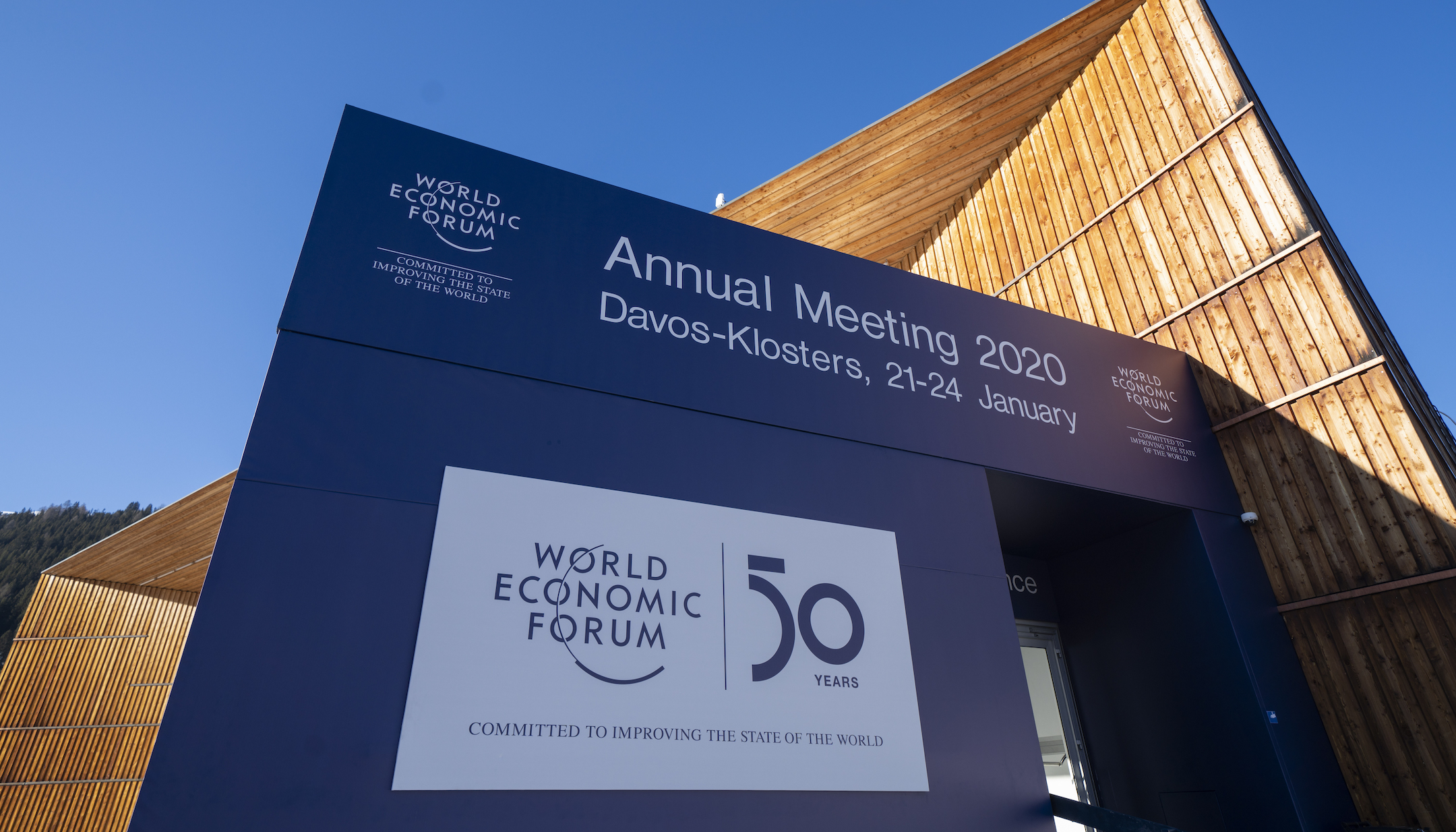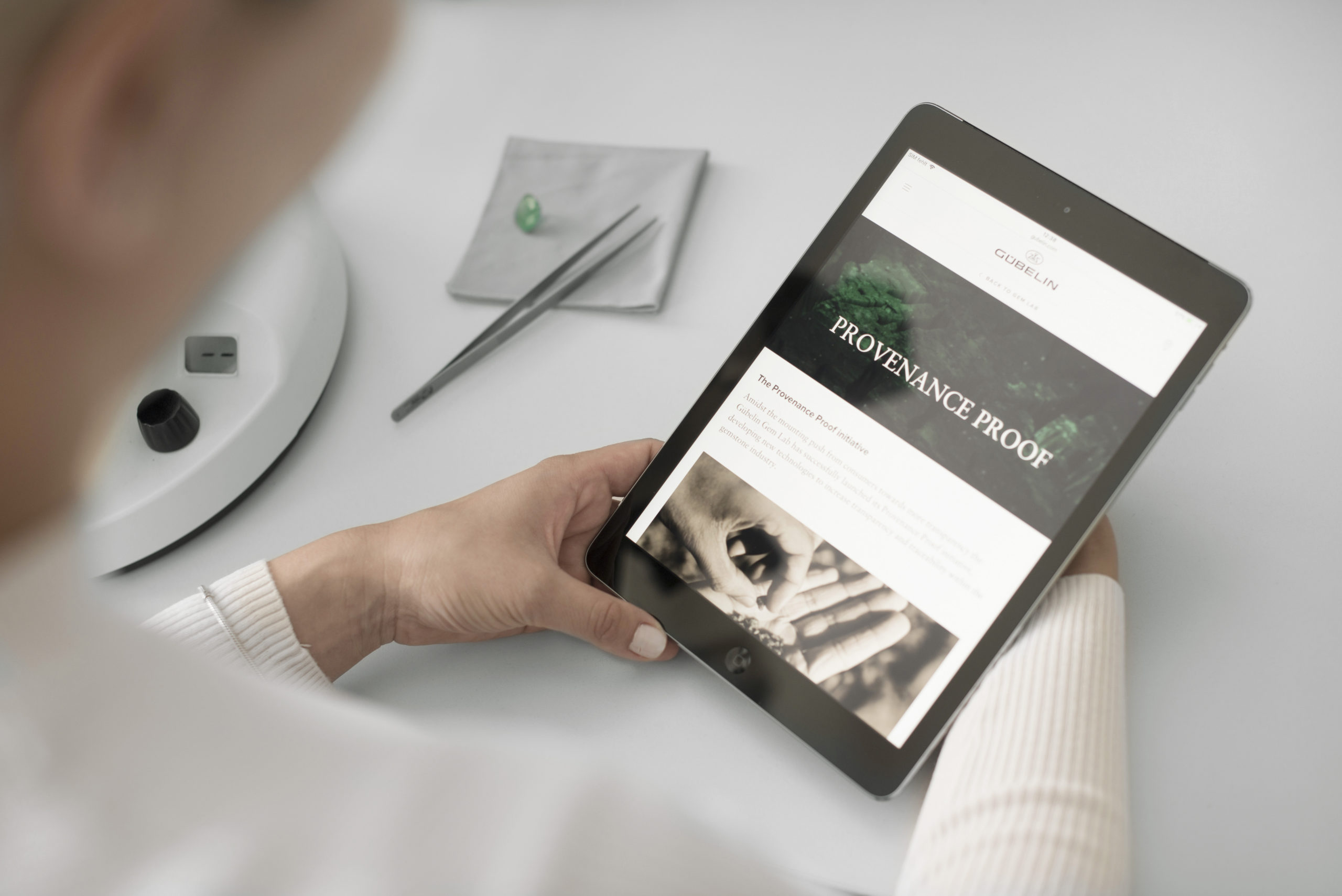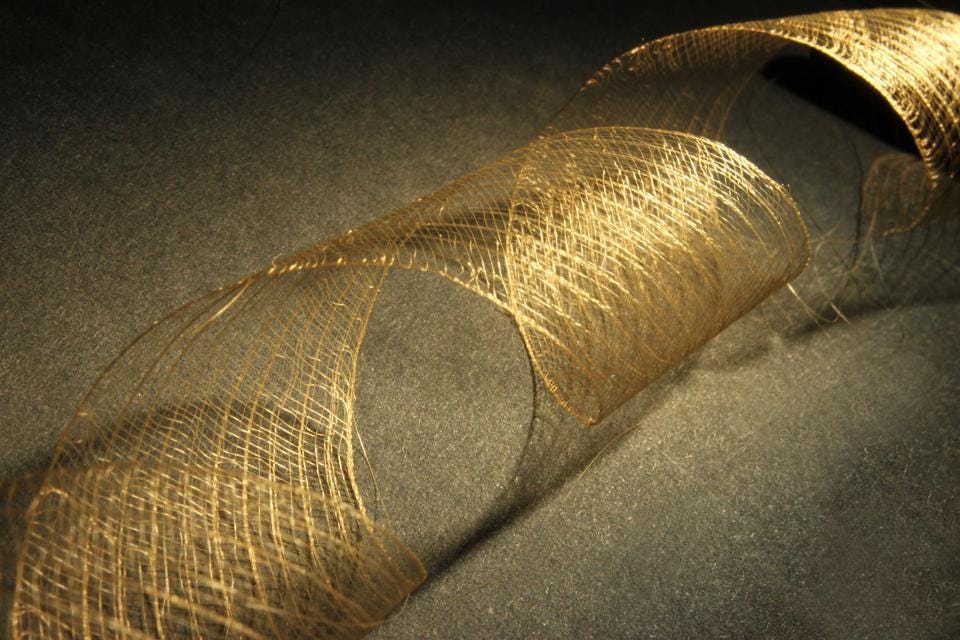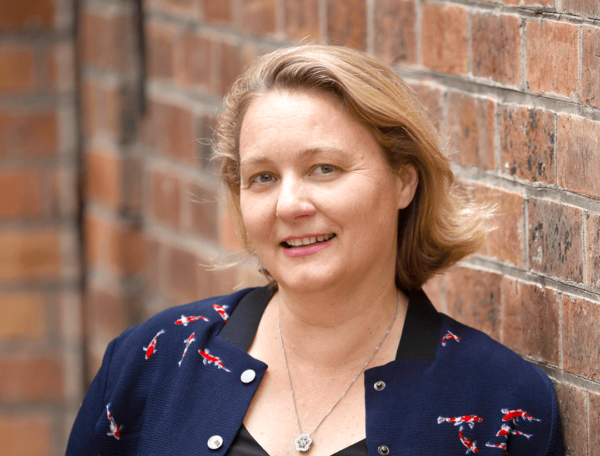Everledger’s Amy Cooper-Curtis talks to the people behind Fred Meyer Jewelers’ Rock Solid Diamonds brand about the importance of differentiation, as the industry seeks to rebound from the disruption of COVID-19.
At the beginning of the year, who could have predicted the next six months of global disruption in the diamond pipeline? Now that retailers are opening up again, they are inevitably facing certain difficulties. However, there are also clear signs of innovation. Jewellers and manufacturers are resourceful and creative people, so perhaps this should come as no surprise.
One of the most far-sighted jewellery brands in the US market is Rock Solid Diamonds, owned by Fred Meyer Jewelers, which uses Everledger’s blockchain technology to track a “diamond’s journey from the moment of discovery to the special day when it becomes yours”. Every stage of the mining, manufacturing and retail of a diamond ring can be viewed in a provenance report – like a historical ledger – that charts the lifetime story from origin to finger.
Rock Solid has fared better than many traditional jewellery collections, despite the pandemic. “People are still understandably cautious about social distancing,” explained Kirsten Darrow, Group VP for merchandising, marketing and eCommerce at Fred Meyer Jewelers. “They are still limiting their shopping trips. Therefore convenience will be more important than ever in the near future. Convenience and safety will also drive innovative solutions. Rock Solid is well-positioned to provide convenience to customers looking for gifts and self-purchases due to our unique format of being located inside of Fred Meyer and Smith’s multi-department stores.”
The in-store experience has inevitably changed due to COVID-19. Given the tactile nature of jewellery retail, how easy is it to connect emotionally with customers during a health crisis? “It’s a challenge, no doubt,” said Kirsten during a recent webinar. “Customers are usually celebrating a special occasion and our salespeople want to celebrate with them, perhaps with a hug or high five. Those days are gone for now. That said, our Trunk Shows, where highly-experienced diamond professionals demonstrate the Rock Solid Diamonds range, have proved successful in maintaining that closeness with the customer. I am hopeful of a steady rebound in the market. Maybe all those couples stuck in quarantine will now decide to get married!”
Online Surge
One silver lining, especially for those brands with a sophisticated online presence, is the growth in internet sales. Kirsten has noticed a surprising trend. “We expected a tremendous surge in online activity, but our assumption was that this would come from existing bricks-and-mortar customers whose local store had closed. The growth is actually coming from new customers, which is wonderful.”
Moody’s has predicted a drop in rough-diamond sales of 30% to 40% this year ($7-8 billion) due to restrictions on the supply chain, and faltering consumer demand. However, the same forecast predicts a market pick up in the second half of 2020 as social distancing eases, with revenues rising 20% to 25% in 2021, barring another virus wave. The world’s largest diamond mining company Alrosa also predicts a rise in demand in the second half of summer.
Atit Mehta, Vice-President at Atit Diamonds in New York working with Shairu Diamonds, the India-based diamond supplier for the Rock Solid range, is optimistic for an uptick in fortunes in the fourth quarter, with a buoyant Thanksgiving and Christmas: “We are hopeful for a speedy recovery, especially in the bridal engagement market,” he said. “In China, spending patterns in luxury have already increased, which is encouraging. The US government has injected billions of dollars into the economy, which will find its way to the American consumer. It just depends on when and how it does. These last six months were perhaps the first time ever that the whole diamond value chain has struggled, from miners to retailers. Our standard way of working and selling has been disrupted, including the cancellation of major international diamond shows. However, this struggle will help us to be stronger in the future.”
Tough competition
Capturing their ‘slice of the rebound pie’ is the next challenge for retailers, especially as diamonds will be competing with the experiential spending of consumers who want to stretch their legs after lockdown. The need for targeted advertising and also market differentiation will prove more critical than ever.
Atit believes that provenance, enabled by blockchain, can play a big role in helping brands and suppliers to stand out. “Increasingly, retailers and manufacturers need to guarantee authenticity and origin of their products, especially with the rise of lab-grown diamonds,” he said. “Customers want to know where a product comes from and how it was made. With blockchain, retailers can authenticate with more certainty than in the past. Manufacturers need to change their business model to meet that demand.”
With millennials now in the typical age group for engagement and marriage – and even Gen Z entering that market – the need for authenticated diamonds is rising in step. Rock Solid has taken the strong customer demand for certified diamonds up another level of reassurance with its blockchain-validated range of bridal rings and loose stones.
“The response has been very positive,” said Kirsten. “I’d say that consumers don’t really understand – or even care, for that matter – how blockchain actually works. What’s important to them is that we can go further than just certification, by showcasing the history of their precious asset. Provenance adds to the romance about how their one-of-a-kind diamond came to be. The diamond’s life story becomes part of their love story. When presented in the right way, blockchain is a really powerful and emotionally-connecting sales tool.”
Gold standard
As well as wanting to know that a diamond is natural and conflict-free, customers are increasingly conscious about how their spending habits can impact the environment. Every diamond in the Rock Solid collection is cut and polished at Shairu, the world’s first Gold LEED (Leadership in Energy and Environmental Design) certified diamond factory, where the buildings are built to very strict criteria, ensuring an environmentally-friendly and energy-efficient workplace.
“At Shairu, we feel it is our duty to give back to the community in which we work,” explained Atit. “This is more important than ever, given what the whole world has gone through with COVID-19. Our goal is to become carbon neutral, so we have wind turbines and solar panels to offset energy consumption, as well as rainwater harvesting to recycle and reuse water. All our employees do their bit. We have a unique proposition as a result, which adds valuable texture to the provenance story.”
The diamond industry should be proud of its pioneering role as one of the first to adopt blockchain for non-financial transactions. For brands like Rock Solid and manufacturers like Shairu, blockchain adds a useful string to its bow during these tumultuous times.

